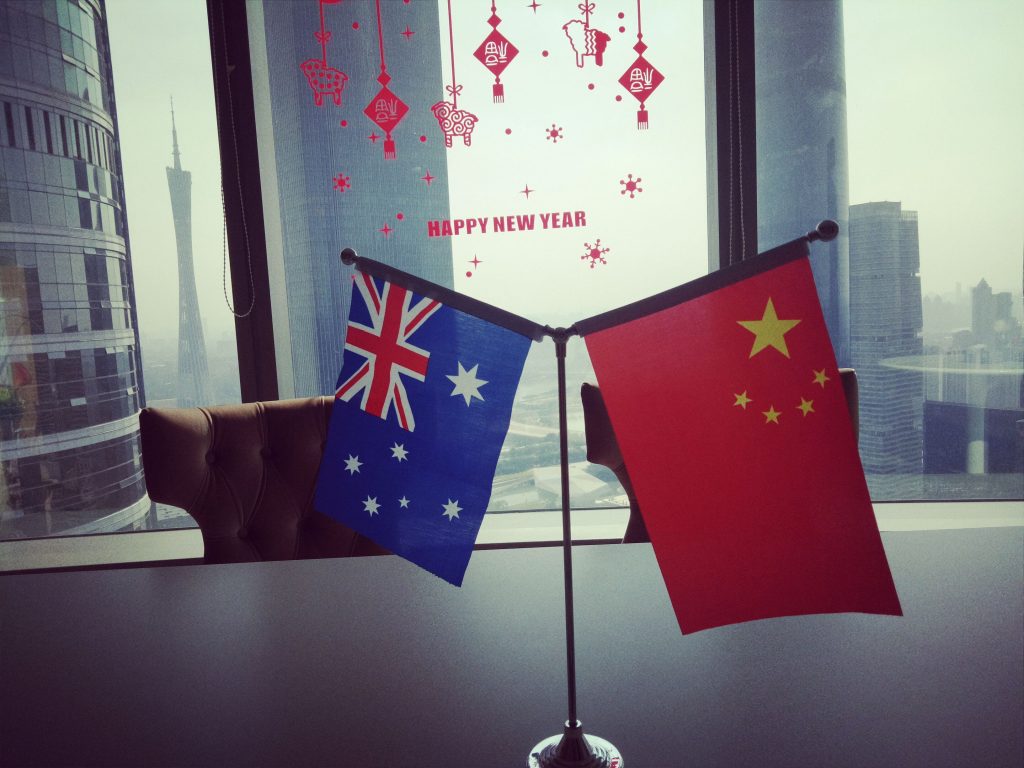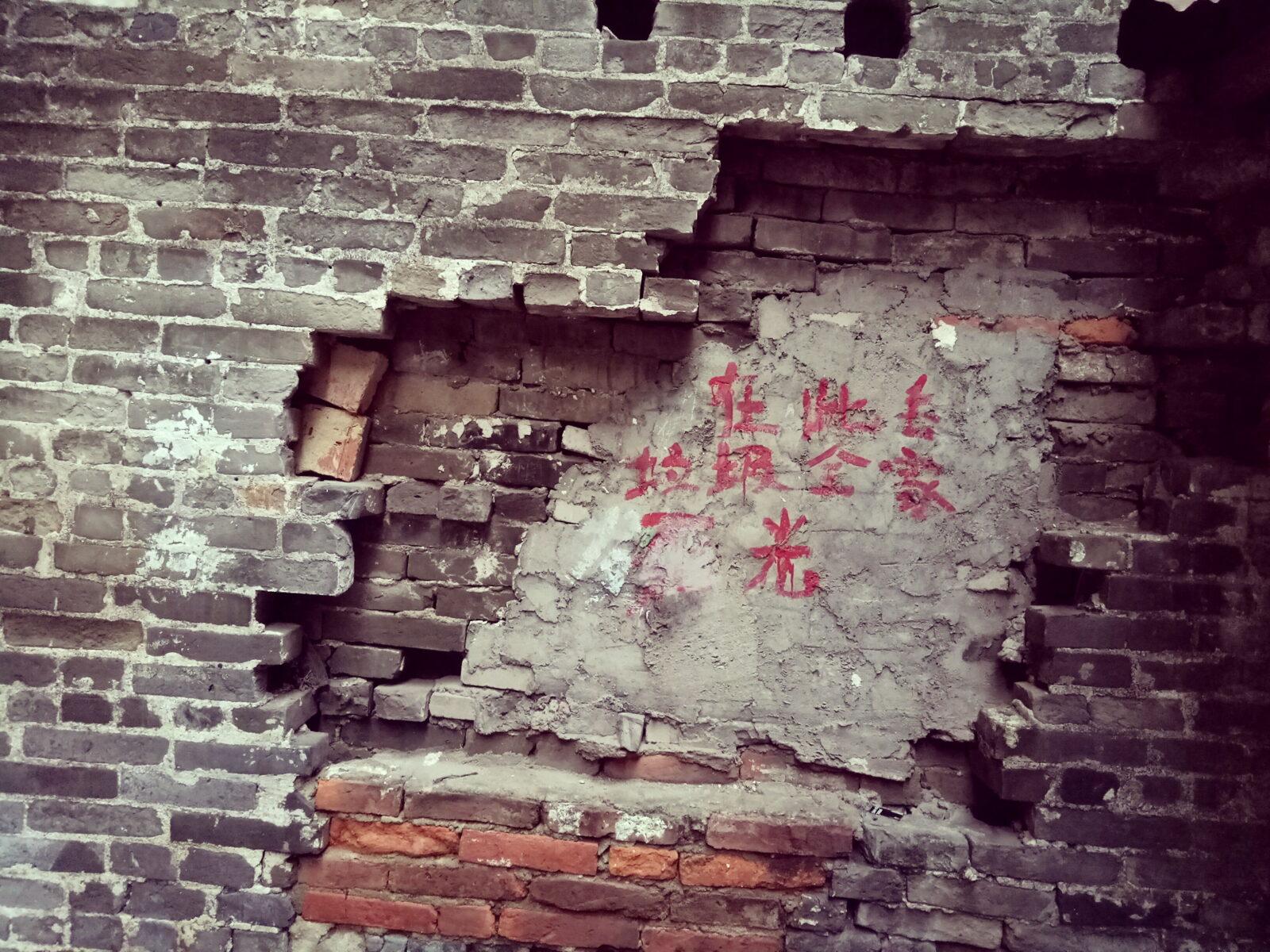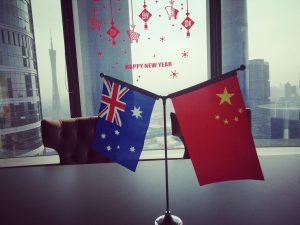 Overtime Culture (加班)
Overtime Culture (加班)
Australian Overtime
Sydney trains had a ban recently on paid work overtime. Because Australian workplace regulations require any worker who works more than 8 hours per day to be paid overtime rates for each additional hour of time worked for a company, companies find it too expensive to offer overtime.
Chinese Overtime
In Chinese culture, overtime is unpaid, and an unspoken requirement.
Chinese work contracts have less formal oversight.
Due to competition, work in China is also hard to secure. For those who do manage to secure employment, exploitation has become more acceptable in Chinese workplace culture.
It is taken for granted that Chinese companies will require their employees to work hours in addition to what employees get paid for. If you complain to the boss, or ask for more time off, you could lose your job.
Everyone in the workplace just accepts that overtime has to be done, even at the expense of personal relationships and friends.
In China, this work culture is called overtime (加班).
How Significant Is Work?
When I discussed my Chinese friend’s job in terms of being regularly asked to work overtime, she said, “I do not question it. I just do it.”
I said, “In China, when you study in high school, most students are encouraged to finish school, come home, and then review their work. You said you would wake up in the morning, go to school all day until night time, come home to sleep, and wake up to do it all again.”
“I think school in China conditions students to accept a culture of overtime. Business in China knows how hard students work, which makes it easy to force overtime on their workers.”
I said, “I understand in China what people want to do. Kids finish university, and then focus on their work, focus on building up a career. The focus is different in Australia.”
Western Fear of Boss
“In China, you will take photos with all the people in your company and show off how great your work is, but in Australia we hate our boss. We don’t want to do anything extra. Our work is just our work.”
I told her a big difference, “In China, the boss will take you out to have lunch or to have dinner or drinks with the company and take photos.”
“In Australia, whenever the boss invites you out to do something, normally it is just to prepare to fire you. They want to find out about you, how you do your job, and eventually fire you.”
She said, “Really, it is like that?” I said, “Yeah. So we get worried when the boss invites us out because usually it spells trouble.”


Diary Of A Mad Chaos is a daily diary written from March 1996 until today, of which individual books and book series have been created, namely “The Lost Years” an exploration of young, entwined love, the “Wubao In China (猎艳奇缘)” book series which provides an extensive comparative analysis of the cultural differences between Eastern and Western societies, and the book titled “Foreigner (华人)” an exploration of race relations in Australia.



 Overtime Culture (加班)
Overtime Culture (加班)






